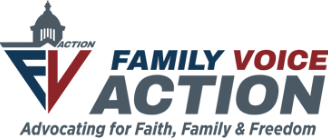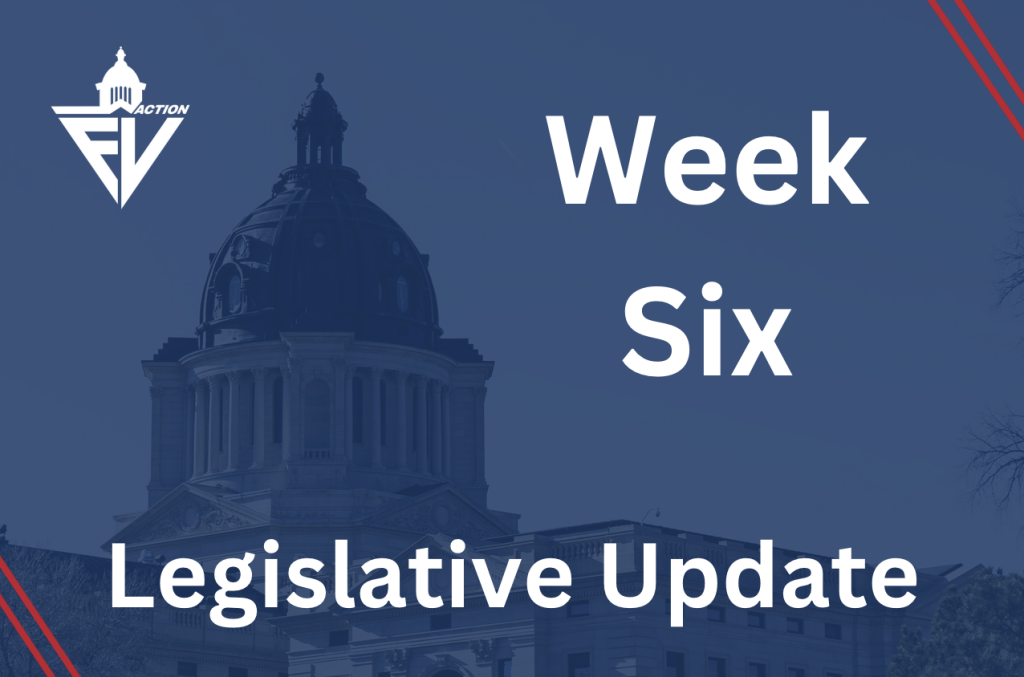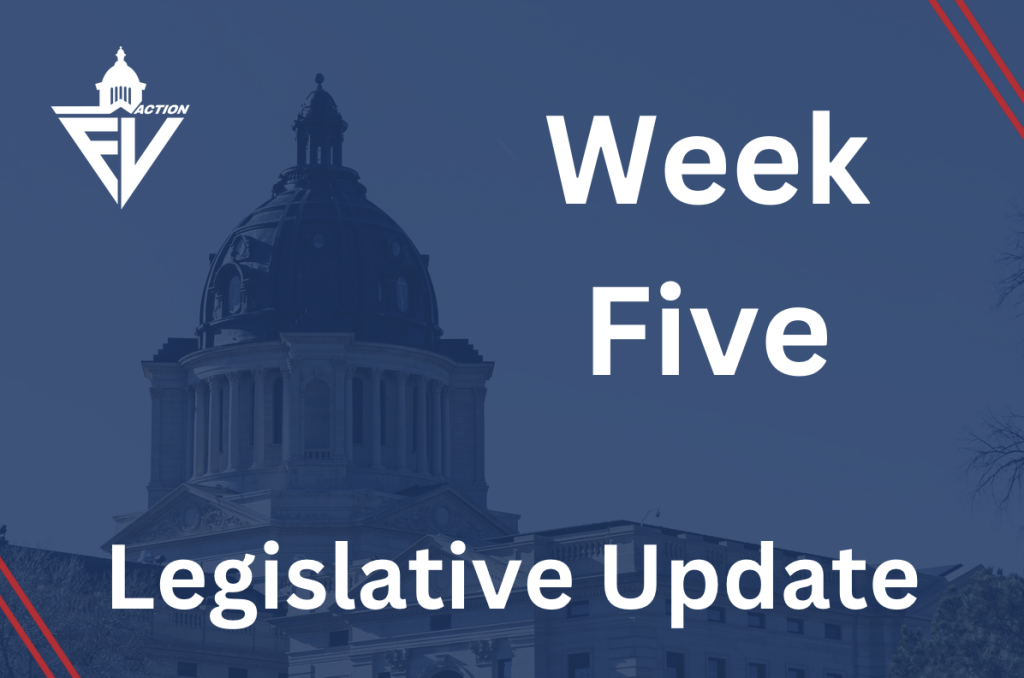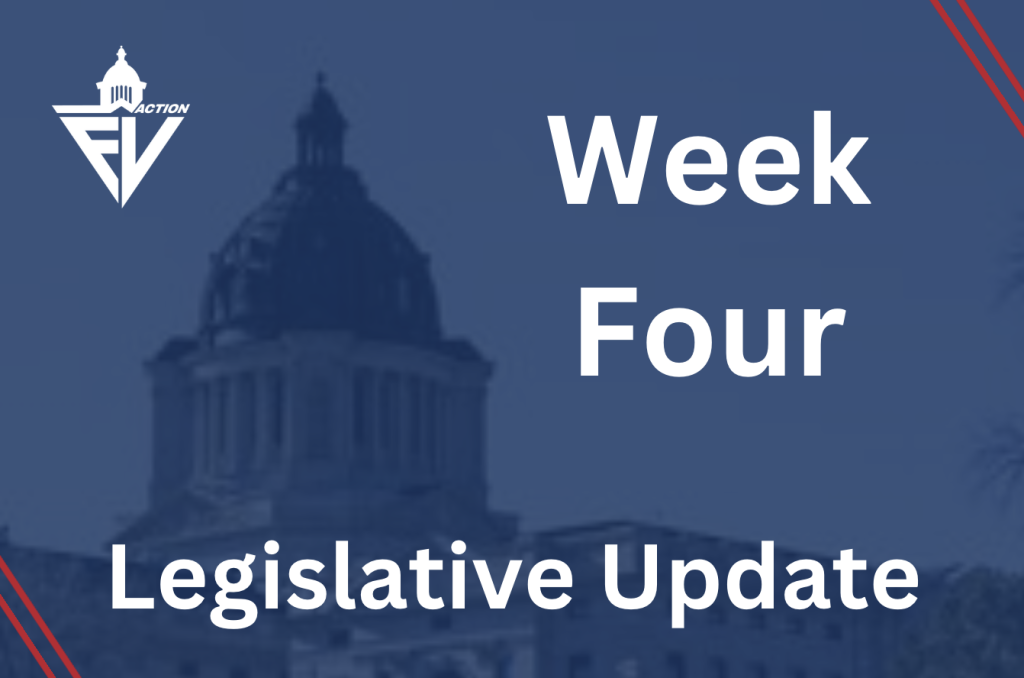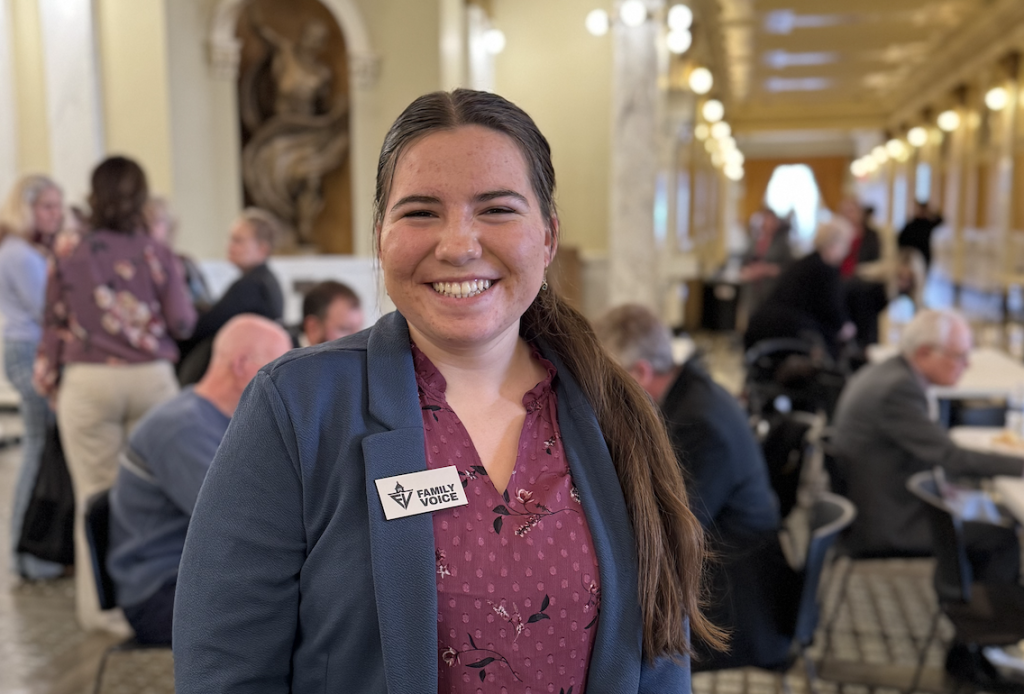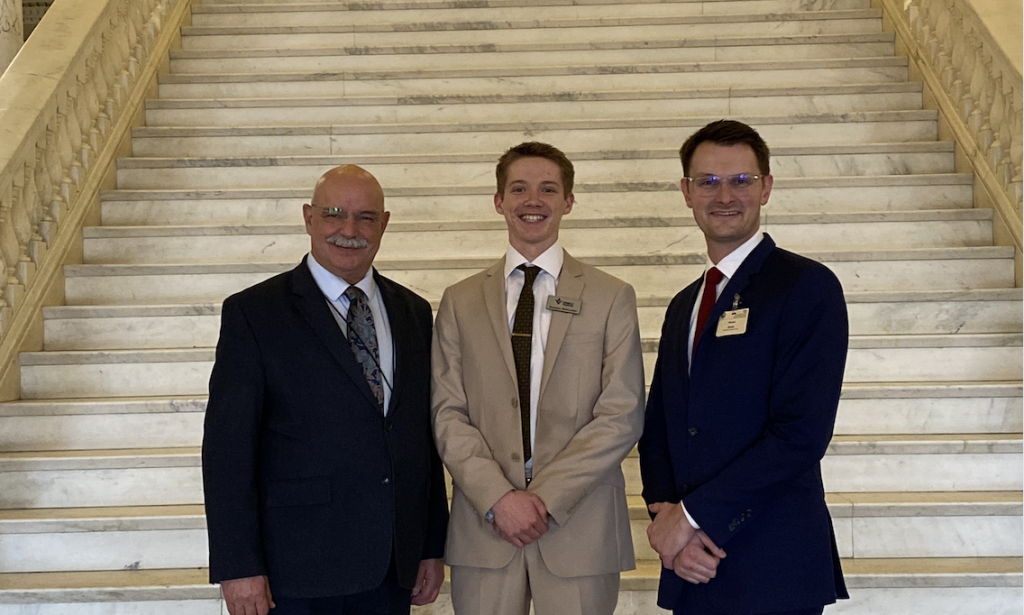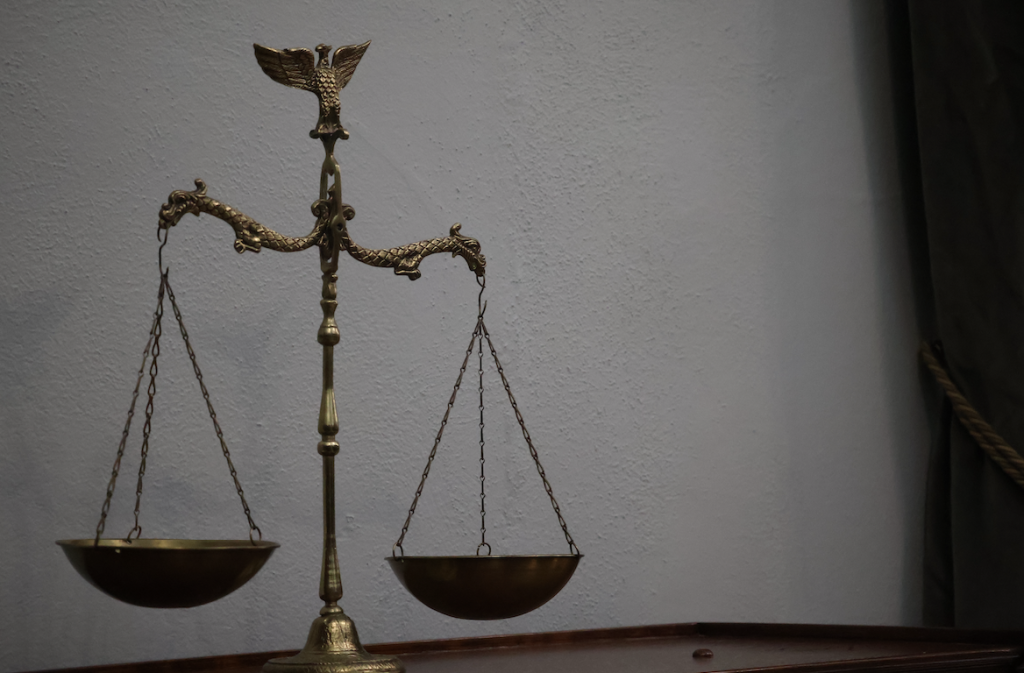Since 2020, Facebook users have struggled against Meta’s unfair censorship and “fact-checking” that predominantly targeted conservative viewpoints and voices, especially during the 2020 election and the COVID-19 pandemic. Facebook’s systematic regulation and suppression of conservative ideas is well-documented. At last, Meta is owning up to its mistakes and implementing change. Whether these changes come from a place of wanting to appease the incoming Trump administration or from a place of real conviction is yet to be seen.
Facebook’s history of censorship and unfair content regulation has affected your actions on our Family Voice Facebook page as well. In the spring of 2022, we noticed a sudden drop-off. Posts that had been “shared” by a large number of our friends were suddenly receiving only a portion of the previous results. Our friends continued to click “share,” but Facebook limited the number of people who saw it. Because our friends are highly committed to sharing content that impacts families, we have been able to slowly build back some of the previous momentum, but we look forward to the day when the restrictions are lifted and your clicking “share” has the intended effect – Facebook shares the information with your friends. What happened to Family Voice is not rare – many of our sister organizations around the nation have experienced similar “shadow bans.” All that could change, however, with Meta’s new vision for their social media platforms.
Meta CEO Mark Zuckerberg posted a video earlier this week announcing Facebook, Instagram, and Threads will drastically modify their censorship and fact-checking policies to rectify the wrongful censorship of some political viewpoints.
Zuckerberg explained that Meta created “complex systems” in an effort to moderate “legitimately bad” content, such as child exploitation and terrorism. But, he noted, even those complex systems make mistakes and on platforms as large as Facebook and Instagram, wrongfully censoring even 1% of posts affects millions of users. “We’ve reached a point where it’s just too many mistakes and too much censorship,” Zuckerberg said. “So, we’re going to get back to our roots and focus on reducing mistakes, simplifying our policies, and restoring free expression on our platforms.”
What does that look like? First, Zuckerberg announced that Facebook and Instagram will no longer use third-party fact-checkers and instead, phase in a “Community Notes” system similar to the one used on Elon Musk’s social media platform X, formerly known as Twitter.
“After Trump first got elected in 2016, the legacy media wrote nonstop about how misinformation was a threat to democracy,” Zuckerberg said. “We tried in good faith to address those concerns without becoming the arbiters of truth, but the fact-checkers have just been too politically biased and have destroyed more trust than they’ve created, especially in the US.”
Second, Meta will no longer enforce “out of touch” restrictions on topics like immigration and gender, which have been used “to shut down opinions and shut out people with different ideas,” rather than create inclusivity, as the policies originally intended.
Third, Meta will change how their filtering system responds to policy violations. Instead of automatically censoring “lower-severity” violations, the filters will primarily focus on “tracking illegal and high-severity violations.” Lower-severity violations will rely on the community to report the issue before Meta takes action.
“The problem is that the filters make mistakes, and they take down a lot of content that they shouldn’t. So, by dialing them back, we’re going to dramatically reduce the amount of censorship on our platforms,” Zuckerberg shared in his video posted to Facebook. “We’re also going to tune our content filters to require much higher confidence before taking down content. The reality is that this is a trade-off. It means we’re going to catch less bad stuff, but we’ll also reduce the number of innocent people’s posts and accounts that we accidentally take down.”
Meta will also bring back civic content to feeds after reducing the number of political posts recommended to users in years past. They will also move their trust and safety moderation team out of California and the US-based content review team will now be based in Texas. “As we work to promote free expression, I think that will help us build trust to do this work in places where there is less concern about the bias of our teams,” Zuckerberg shared about the move.
Lastly, Zuckerberg noted the difficulty in promoting free expression in other nations and expressed his desire to work closely with President Trump on pushing back against foreign government control.
“The US has the strongest constitutional protections for free expression in the world,” Zuckerberg said. “Europe has an ever-increasing number of laws, institutionalizing censorship, and making it difficult to build anything innovative there. Latin American countries have secret courts that can order companies to quietly take things down. China has censored our apps from even working in the country. The only way that we can push back on this global trend is with the support of the US government, and that’s why it’s been so difficult over the past four years when even the US government has pushed for censorship.”
We’re glad that Facebook is owning up to its unfair censorship of conservative ideas and has a multi-level plan for reining in politically biased content regulation on its platforms. Although it doesn’t excuse the censorship that Meta has perpetuated for years on end, it’s a start. We hope this signals an awakening in Big Tech that censoring political views will not be tolerated under the Trump administration. We look forward to the day when the posts we share on Facebook are once again given an equal opportunity for success.
